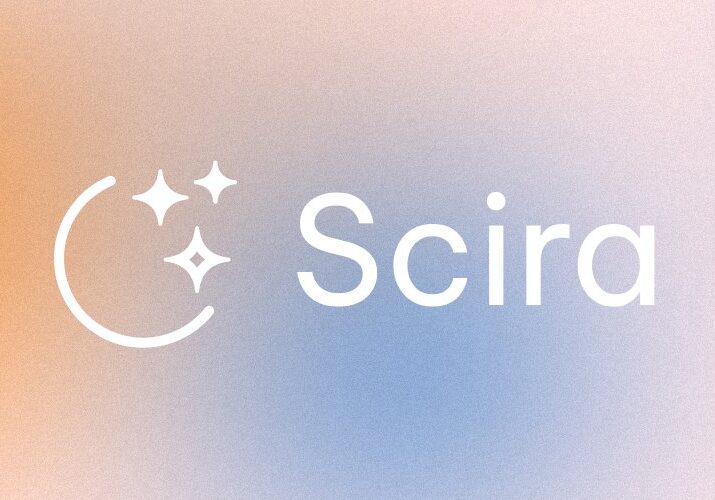
A Solo Founder. No team. No funding. Just Code
In August 2023, Zaid Mukaddam, a 22-year-old developer based in Mumbai, quietly dropped a project on X. It was called MiniPerplx (now Scira): a lightweight, open-source AI search tool he built out of frustration with the limitations of existing platforms like Perplexity. His post gained 14,000 impressions. Among the early supporters were the creator of Shadcn/UI and Vercel CEO Guillermo Rauch.
That single post confirmed what Zaid suspected — people were curious about simpler, more open ways to search using AI. So he kept building.
From Weekend Project to Global Traction
MiniPerplx soon evolved into something bigger. Renamed Scira, the tool was fast, clean, login-free, and customizable. Users could search the web with help from AI, minus the paywalls. But what really pushed it forward was a feature called Research Groups. It allowed users to search Reddit, YouTube, X, and more, all in one go, with results grouped by source. The format was simple but powerful.
By December 2024, Scira’s traffic jumped overnight from 500 to 16,000 daily users. The GitHub repo went from 1,000 stars to 6,000 in just a few weeks. Today, it has over 8,000 stars and continues to climb.
Building on a Modern, Open-source Stack
Scira is built using Vercel’s AI SDK and a strong stack that includes Next.js, Tailwind CSS, and Shadcn/UI. It also pulls in real-time data through OpenWeather, and powers its search using multiple AI models, including the Qwen3‑32B for fast, citation-based answers.
Beyond that, it uses Tavily’s API to search the web, and Exa AI to crawl live URLs, extract content, and even pull from academic papers or social media platforms. Whether it’s finance, travel, entertainment, or coding help, Scira is able to organize and deliver insights across topics instantly.
Zaid didn’t stop at web search. Scira also performs code analysis and technical breakdowns using AI, making it a valuable tool for developers and researchers alike.
Growth Brings Pressure and Solutions
Scira’s rapid growth came with real costs. Running large models, especially from Anthropic, began draining Zaid’s personal savings. At one point, he considered shutting the whole project down.
That’s when Groq entered the picture. Their inference platform helped make model execution faster and far more affordable. Combined with the accuracy of Qwen3‑32B, Scira became fast, responsive, and most importantly, sustainable.
With performance sorted, the next challenge was scale.
Scira Joins the Vercel AI Accelerator
In early 2025, Scira was selected for the Vercel AI Accelerator, a global program supporting solo AI builders and early-stage founders. Through this, Zaid now gets access to infrastructure, resources, and mentorship from AI leaders, helping him grow the platform further without giving up his independence.
The acceptance marked a milestone. What began as a weekend experiment was now backed by the very platform it was built on.
An AI Product Built in India, For the World
Scira isn’t a typical startup story. It has no funding rounds, no launch campaign, and no team. Just a solo developer who saw a gap in the AI search space and decided to build anyway.
What makes Scira unique is not just its clean interface or fast answers, it’s the philosophy behind it. Open. Transparent. Community-first. It’s what makes developers prefer it to GPT‑4o in some cases. And it’s what helped it quietly grow to over a million searches and 60,000+ monthly users, all without spending on marketing.
For India’s tech ecosystem, Scira is a signal. Innovation doesn’t need to wait for a VC pitch or Silicon Valley backing. Sometimes, it just starts with one frustrated dev and a weekend to code.
